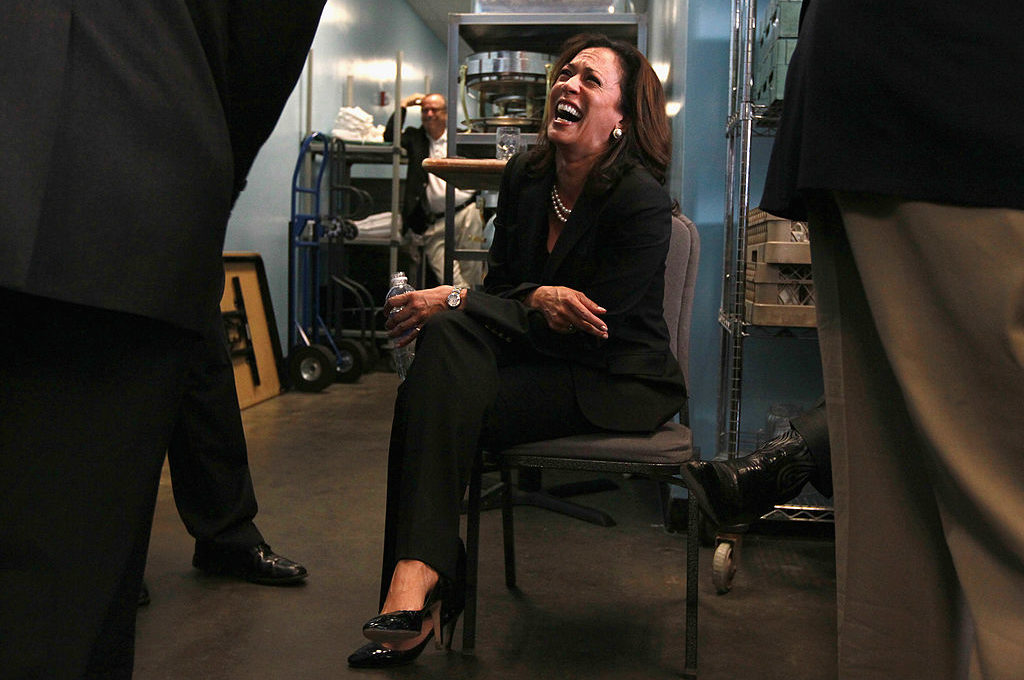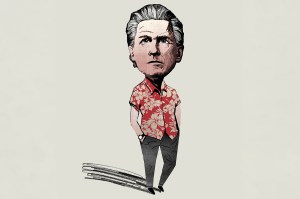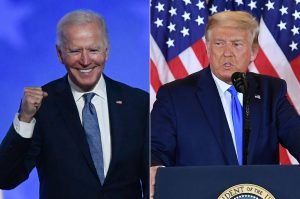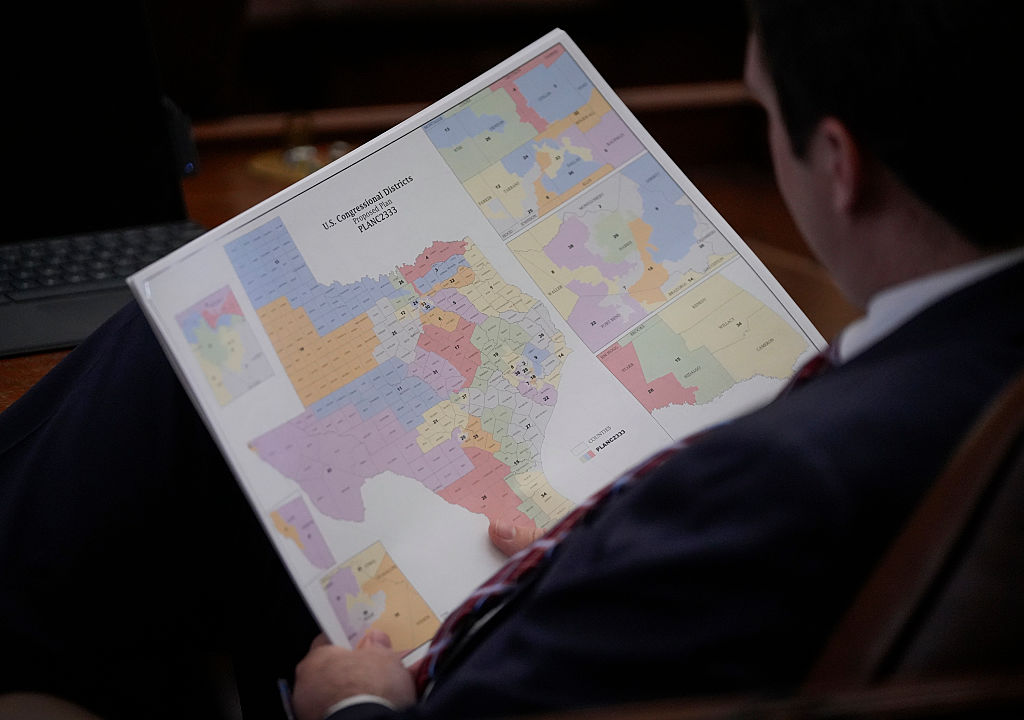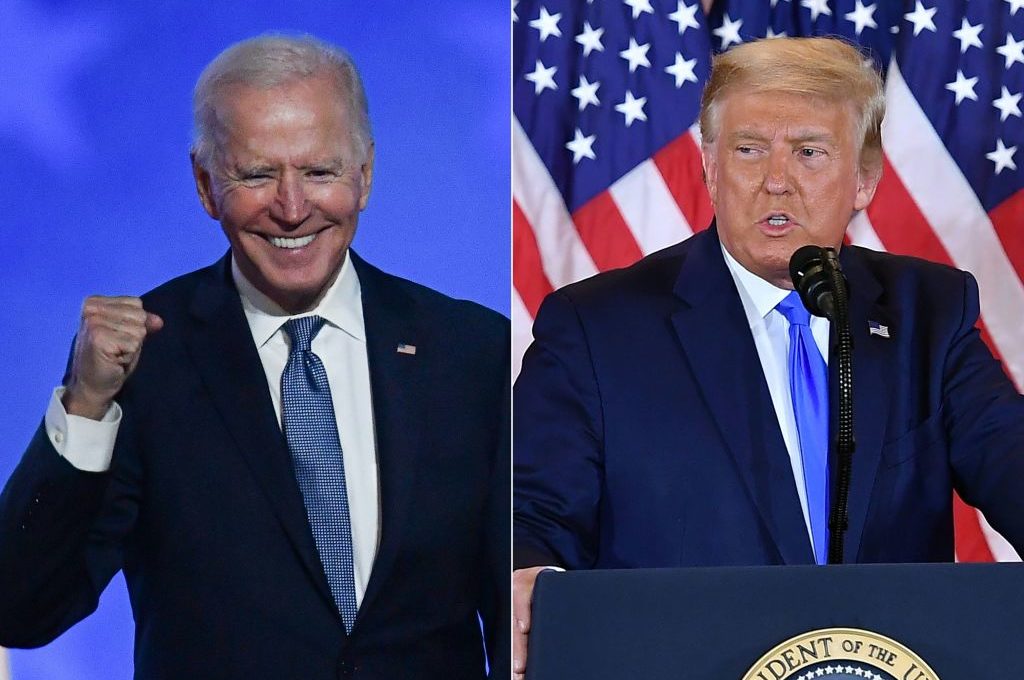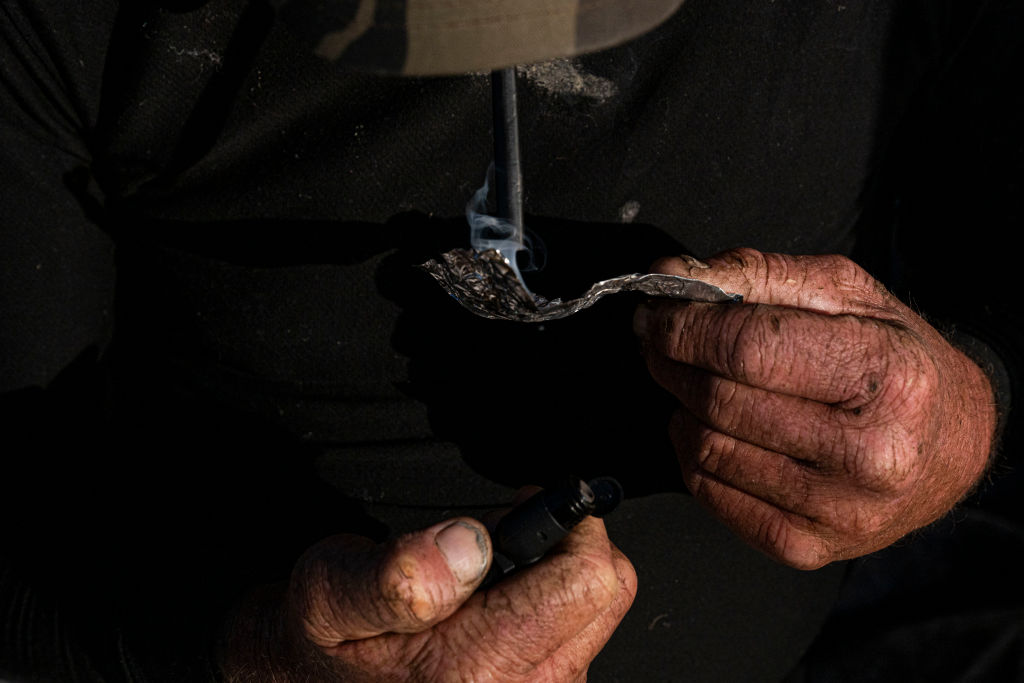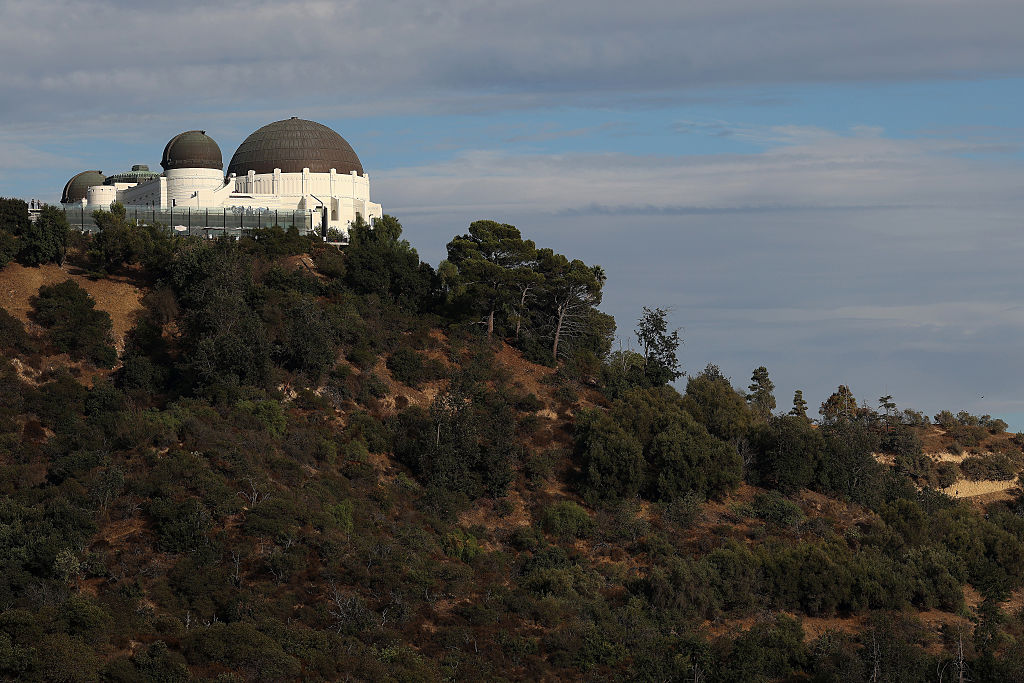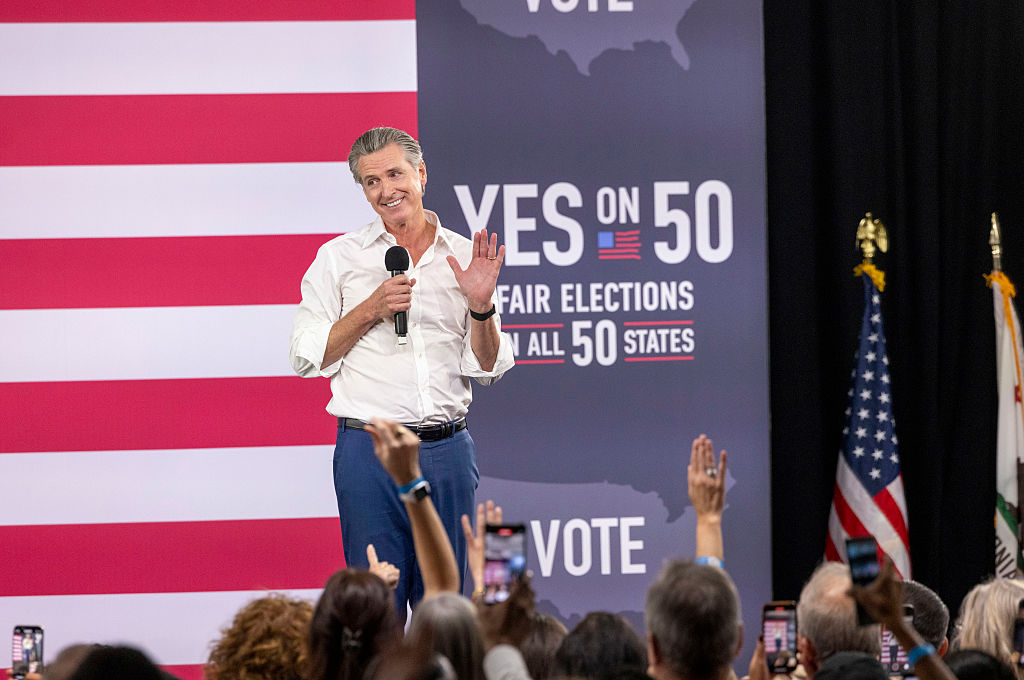Kamala Harris is no radical. Indeed, no matter how vaguely inclusive the label ‘progressive’ may be, Harris’s long record as a California prosecutor makes it difficult to shoehorn her professional career under that rubric. The real Kamala Harris is a liberal careerist with no deep convictions whose ability to woo wealthy supporters allowed her to win a seat in the Senate.
Harris’s story bears extensive similarities to that of Barack Obama. Born biracial to two academically-gifted parents, a contentious divorce found young Kamala being raised by her mother in a linguistically foreign country — French-speaking Montreal, rather than Indonesia. And, like Obama, Harris’s younger sister is named Maya.
Yet Harris endured a far greater challenge than any young Obama faced: ‘she wore leg braces as a preschooler and ugly orthopedic shoes for years after that’, journalist Joan Walsh reported in the first major profile of Harris, back in 2003. But when 17-year-old Kamala chose to attend historically-black Howard University for college, she evinced a firm manifestation of black identity seven years earlier than Obama finally did as a 24-year-old Chicago community organizer.
No comprehensive biography of Harris has yet been written, so her five years at Howard and her three years in law school at San Francisco’s UC Hastings remain almost entirely unchronicled. Harris failed the California bar exam on her first try, but passed on her second and in 1990 became a deputy district attorney in Alameda County, which contains Oakland. Four years later, in early 1994, the 29-year-old Harris debuted in the San Francisco press as the new girlfriend of 60-year-old state Assembly Speaker Willie Brown, whom California journalists viewed as ‘a notorious womanizer’.
Brown gifted Harris a 1994 BMW, introduced her to the city’s social elite and named her to two well-paid, part-time patronage posts, first on the state’s Unemployment Insurance Appeals Board and then on the California Medical Assistance Commission. Harris missed close to 20 percent of meetings, yet was paid almost $100,000 a year on top of her DA’s salary. In December 1995, Harris ditched Brown just after he won election as San Francisco’s mayor. Still, seven years later Brown told Walsh that ‘I absolutely love her.’ In contrast, Harris told San Francisco Weekly’s Peter Byrne that ‘I do not owe him a thing.’
In early 1998, Harris moved from Alameda to the San Francisco DA’s office, but left in 2000 for the city attorney’s office following intra-office political tensions. By late 2002 she was mounting a primary challenge against her former boss, DA Terence Hallinan, whom she attacked in part from the right.
‘It is not progressive to be soft on crime,’ she told Byrne while also supporting a city initiative, Proposition M, to criminalize many forms of panhandling. Harris defeated Hallinan and became San Francisco DA in early 2004; she was reelected in 2007 without opposition. Within a year she announced her candidacy for state attorney general, easily winning the 2010 primary before narrowly eking out a victory in the November general election. Four years after assuming that office, she declared her candidacy for Barbara Boxer’s soon-to-be-vacant US Senate seat, and easily won both the 2016 primary and the general election.
Harris’s non-stop electoral victories notwithstanding, she was no favorite of the state’s political press corps. Hardly six months after she entered the US Senate, longtime San Francisco Chronicle editor Jerry Roberts dismissed ‘imperious Queen Kamala’ as a ‘shallow narcissist’, adding, ‘There’s not that much there there.’ Harris fans might dismiss Roberts as a grouchy old white guy, but once the senator’s presidential aspirations became explicit, California law professor Lara Bazelon authored a paint-stripping New York Times essay that eviscerated Harris’s claim to have been a ‘progressive prosecutor’ while serving as San Francisco DA and California attorney general.
[special_offer]
‘Harris fought tooth and nail to uphold wrongful convictions that had been secured through official misconduct,’ Bazelon wrote. As late as 2015, she had opposed state legislation ‘requiring her office to investigate shootings involving officers’. Should Harris truly aspire to being a progressive, Bazelon concluded, ‘she needs to radically break with her past’ and ‘apologize to the wrongfully convicted people’ she fought to keep in prison. She hasn’t.
As Harris’s once-promising presidential campaign crashed and burned out in late 2019 even before the first primary, Sacramento Bee opinion editor Gil Duran, a former Harris staffer who had once headed press relations for both Gov. Jerry Brown and Sen. Dianne Feinstein, delivered a memorable coup de grace. Harris’s ‘inability to stake out bold positions, stick to a plan or give voters a sense of her core values doomed her chances’, Duran wrote. ‘None of these shortcomings come as a surprise to anyone who has worked for Harris,’ Duran pointedly added. Several days later a New York Times news story similarly declared that Harris’s ‘personal political convictions can be unclear’.
Yet now Kamala Devi Harris stands poised to be one heartbeat away from the presidency should the Democratic ticket win this fall. In November 2019 Gil Duran highlighted Harris’s ‘lack of discipline, focus and decisiveness’, and wondered whether Harris could remedy her failings, predicting that ‘she’ll get another chance someday. Will she be ready?’ Should President Joseph R. Biden fail to make it to his 82nd birthday in November 2024, Americans and the world will find out the answer.



